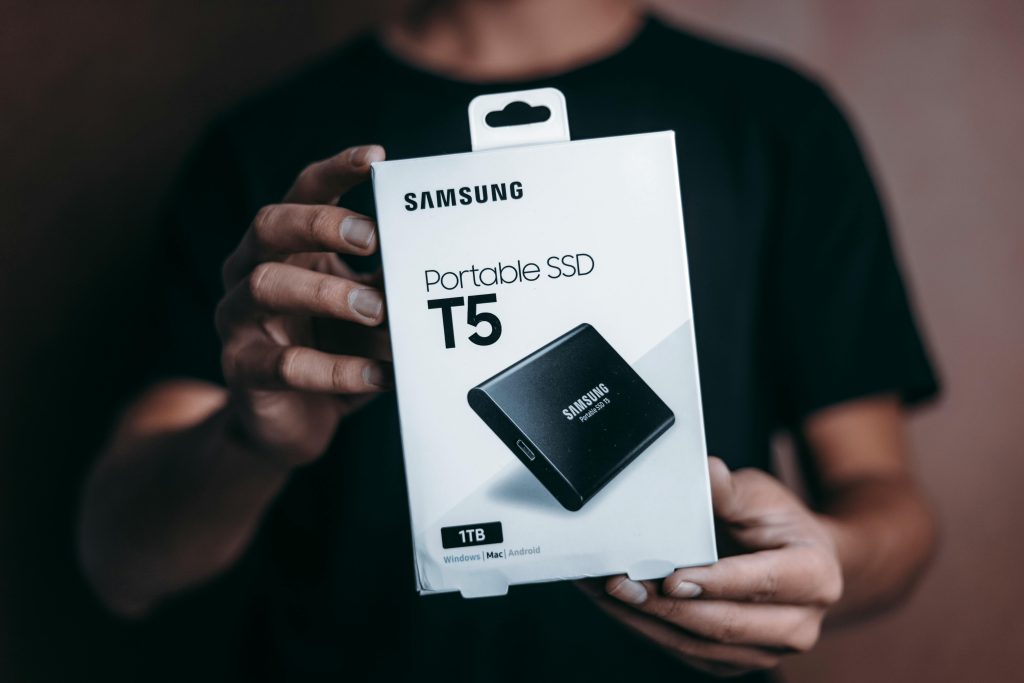Navigating Laptop Security After Unexpected Confiscation: A Cautious Approach
Recently, I encountered an experience that raised questions about the security of my laptop after it was confiscated by Israeli authorities for a 24-hour period during my travels through Tel Aviv. While there is no sensitive information stored on my device, my involvement in political activities prompted additional scrutiny and led me to consider the potential risks of unauthorized access or malicious software.
Upon realizing that my laptop had been separated from me for a whole day—traveling as checked baggage—my immediate concern was whether it could have been compromised, potentially through the installation of rootkits or other forms of covert surveillance. Seeking advice, I reached out to my company’s IT director, who suggested a rather drastic solution: purchasing a new machine. Reluctantly, I complied, though I felt conflicted about letting my high-quality laptop, which was only a few years old, go to waste.
In light of this situation, I sought suggestions for ensuring my old laptop’s integrity before deciding its fate. As someone who is tech-savvy but not an expert, I pondered over various security measures. Would re-flashing the BIOS and performing a complete format and reinstall be sufficient to clean the machine? My IT advisor recommended maintaining the laptop offline and using a USB drive to transfer files to my new device, which would be secured with updated antivirus software. I wondered if a dual approach utilizing Malwarebytes along with Windows Defender would be adequate to scan any files retrieved from the old laptop.
While some may perceive my concerns as paranoid, the reality is that the entity responsible for seizing my device has a reputation for sophisticated surveillance techniques. The last thing I wanted was to risk my (and my family’s) personal information being captured by potential spyware. I was willing to explore installing an alternate operating system—perhaps Ubuntu—if it provided a more secure environment for the files I needed.
Community Feedback and Lessons Learned
After sharing my predicament, I received valuable insights from the community. The consensus was clear: attempting to salvage the compromised device might not be worth the risk. Since receiving the laptop back, it has remained powered off and disconnected from any networks.
To clarify some details about my situation:
- The device in question is a 2022 ThinkPad X1, which falls into the business-class category of laptops.
- While replacing the motherboard is feasible, I started to question how far I would need to go—would I also replace the hard drive, screen
Share this content:

